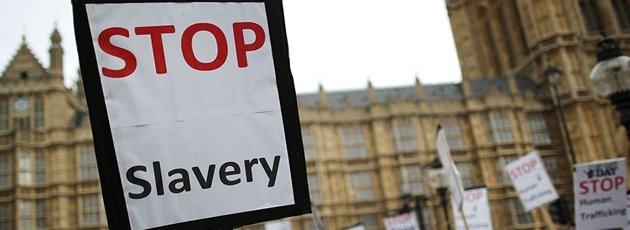- Home
- News & Blogs
- About Us
- What We Do
- Our Communities
- Info Centre
- Press
- Contact
- Archive 2019
- 2015 Elections: 11 new BME MP’s make history
- 70th Anniversary of the Partition of India
- Black Church Manifesto Questionnaire
- Brett Bailey: Exhibit B
- Briefing Paper: Ethnic Minorities in Politics and Public Life
- Civil Rights Leader Ratna Lachman dies
- ELLE Magazine: Young, Gifted, and Black
- External Jobs
- FeaturedVideo
- FeaturedVideo
- FeaturedVideo
- Gary Younge Book Sale
- George Osborne's budget increases racial disadvantage
- Goldsmiths Students' Union External Trustee
- International Commissioners condemn the appalling murder of Tyre Nichols
- Iqbal Wahhab OBE empowers Togo prisoners
- Job Vacancy: Head of Campaigns and Communications
- Media and Public Relations Officer for Jean Lambert MEP (full-time)
- Number 10 statement - race disparity unit
- Pathway to Success 2022
- Please donate £10 or more
- Rashan Charles had no Illegal Drugs
- Serena Williams: Black women should demand equal pay
- Thank you for your donation
- The Colour of Power 2021
- The Power of Poetry
- The UK election voter registration countdown begins now
- Volunteering roles at Community Alliance Lewisham (CAL)
Anti-slavery groups report grim global numbers
This morning, 11 suspects were arrested in simultaneous raids in London, Birmingham, and Stateshead in relation to tips of a modern slavery ring smuggling people from Pakistan and Afghanistan into the UK.
According to recent estimates, more than 40 million people were entrapped in the human trafficking “industry”, with key anti-slavery groups reporting that almost three quarters of this number being women and girls. These victims of modern slavery are used as labour and forced into marriage and are more pervasive in our everyday lives than we may first think – victims are often the ones producing our food, making our clothes, and work as cleaning staff in the buildings we live and work in.
In 2016, the International Labour Organization, Walk Free Foundation, and the International Organization for Migration postulated that there were 40.3 million victims of modern slavery – however, even this number is meant to be considered as a conservative estimate. 24.9 million of these victims were working in labour industries (factories, farms, construction sites, etc.) and as domestic or sex workers. 15.1 million victims were entrapped in non-consensual marriages.
These statistics make the fact that nearly three-quarters of these victims were estimated to be women, and one out of every four was estimated to be a child. Incidence is the most pervasive in Africa, Asia, and the Pacific regions. Over the last five years, around 90 million people have suffered from some form of human trafficking, according to the report. The founder of human rights group Walk Free Andrew Forrest maintains that these numbers are still conservative, and that they “cannot capture the full extent of the horror of modern slavery”.
This report was the first collaborate effort from these three groups, and reinvigorated demands for more intensive labour rights, better governance of migrants, better victim identification, and calls to address the causes of the debt bondage systems that are so often at the heart of modern slavery. These findings shed light on those “who are being let down by systems”, stated Britain’s independent anti-slavery commissioner, Kevin Hyland. “We need to see this translated into action that develops a response about how we safeguard people, how we protect them in a far more sophisticated way than what we have done.”
Anti-slavery groups are constantly developing new methods and technologies to better pinpoint global numbers. This 2016 report is touted to be the most accurate estimate yet. A report that Walk Free independently conducted that same year estimated that 45.8 million were bound in slavery, and an International Labour Organization figure placed the number of slaves in forced labour at 21 million. However, both organisations have cautioned that changes in numbers over time cannot dependably be regarded as evidence of success or failure in anti-slavery efforts.
Ayan Goran
